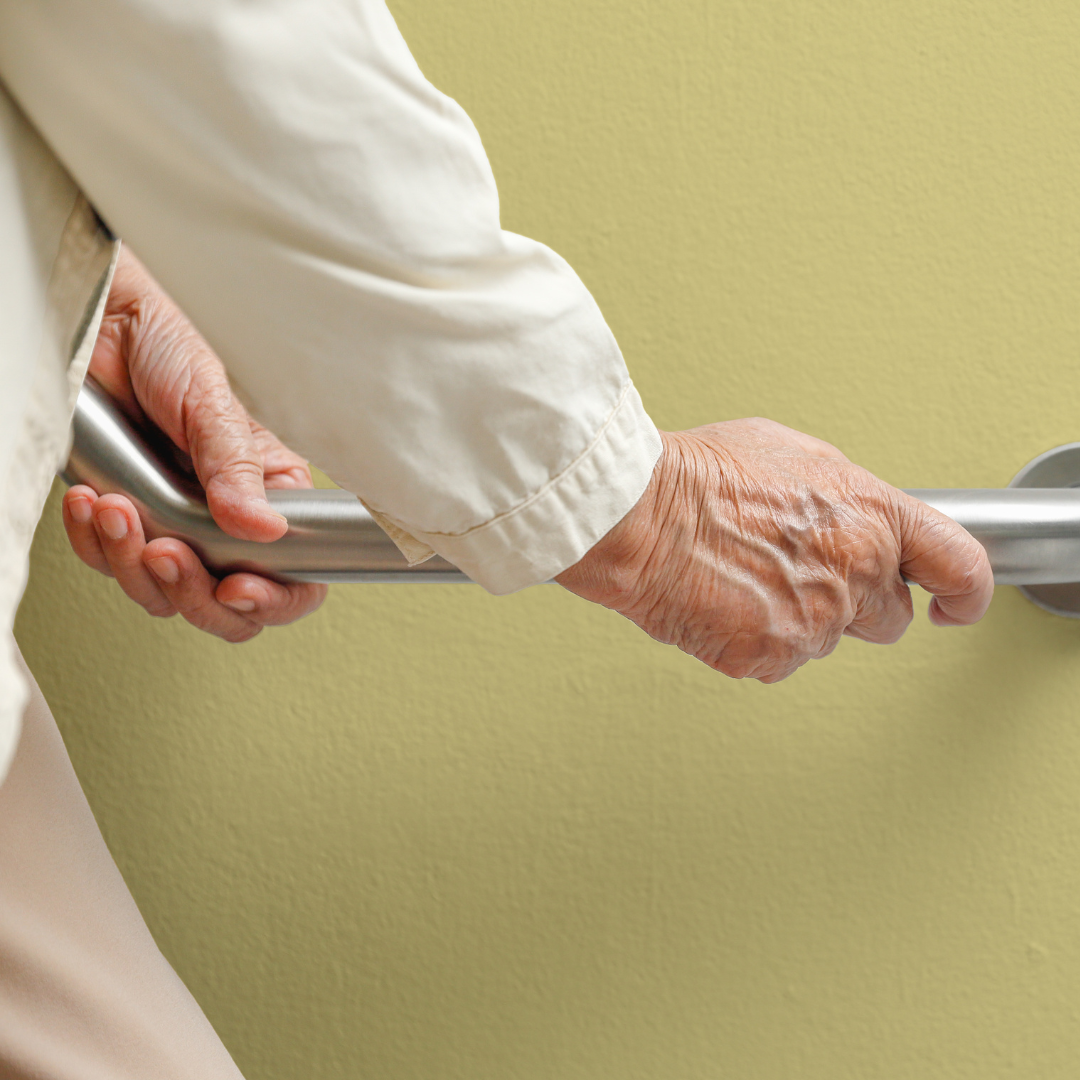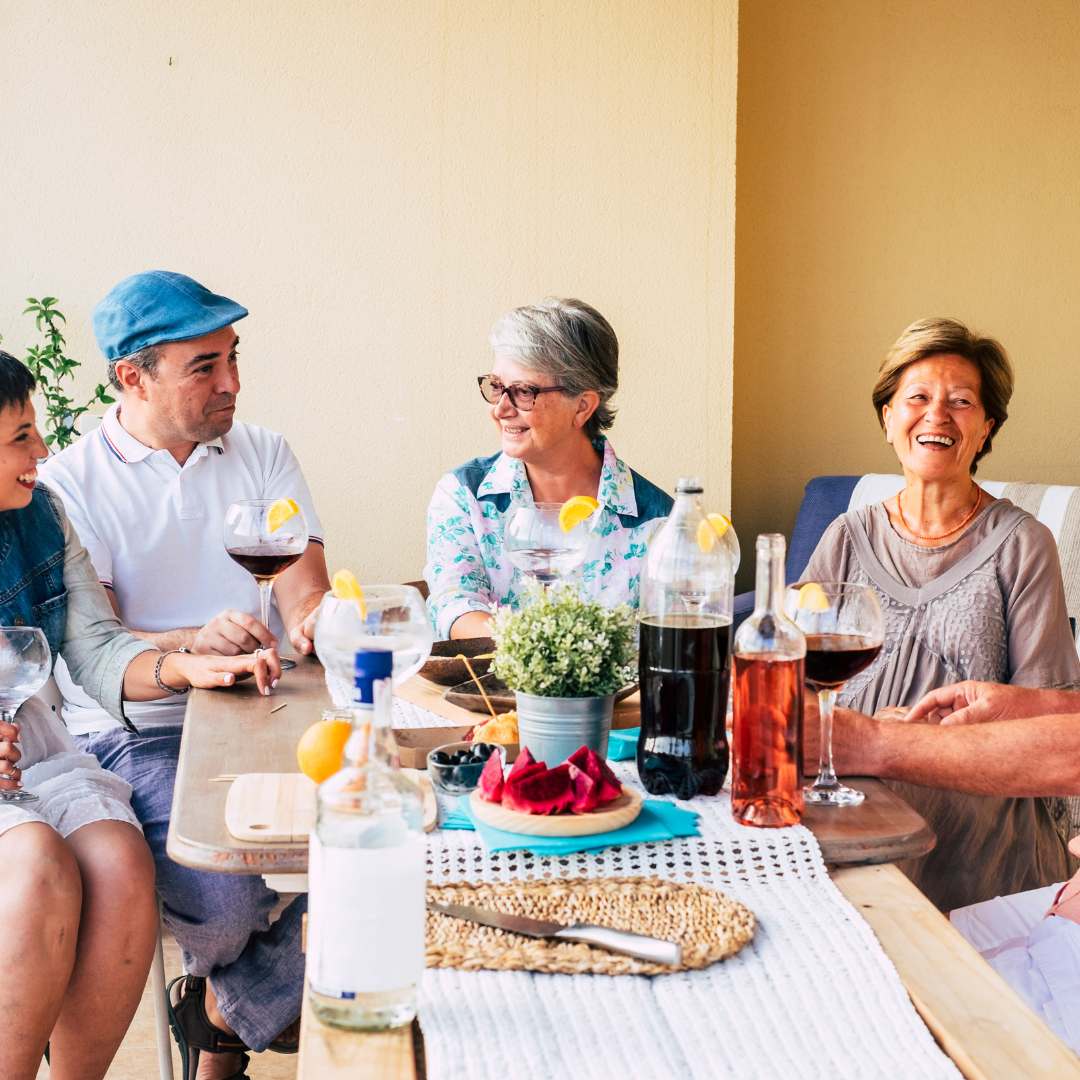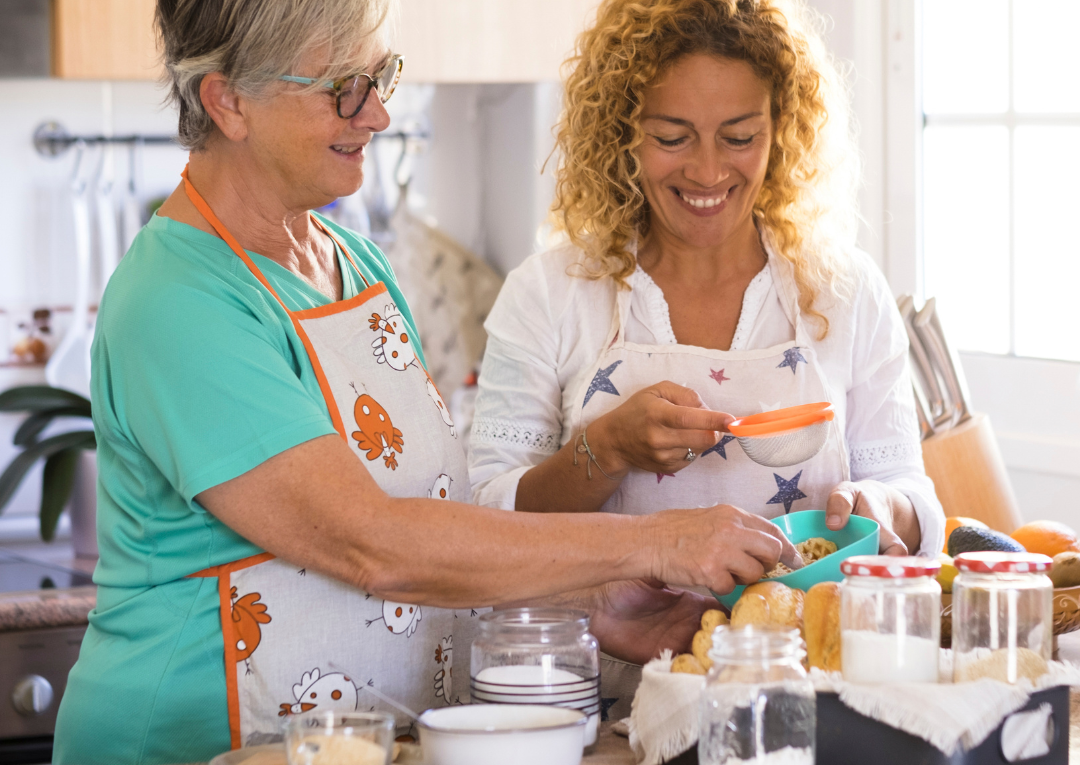Nurturing Independence: Caring for an Elderly Family Member Battling Cancer at Home
Cancer, while daunting, doesn’t have to mean sacrificing comfort or independence for your elderly loved one. In fact, it’s entirely feasible to create a nurturing environment at home that caters to their needs while allowing them to maintain their sense of autonomy. By implementing practical strategies and accessing available resources, you can strike a balance between their desire for independence and their need for care. This approach not only fosters their well-being but also strengthens their resilience in the face of adversity.
In the realm of caregiving for elderly family members with cancer, finding solutions that work for both the individual and their support network is paramount. This often involves open communication, where the preferences and concerns of your loved one are heard and respected. Understanding their unique situation and addressing their specific needs can significantly alleviate the challenges associated with caregiving, fostering a more supportive and harmonious environment for all involved.
As you embark on this journey of caring for your elderly family member battling cancer, remember that you’re not alone. There are numerous resources available to assist you in providing the best possible care while maintaining their quality of life. By leveraging these resources and staying informed about the latest advancements in cancer care, you can navigate this journey with confidence and compassion, ensuring that your loved one receives the support they deserve in a way that minimizes stress and maximizes comfort.
Establish Open Communication:
 Effective caregiving starts with communication. Sit down with your elderly family member to discuss their wishes, concerns, and preferences regarding their care. Listen attentively and respect their autonomy as much as possible. Understanding their perspective will help tailor the caregiving plan to meet their needs while ensuring their safety and well-being.
Effective caregiving starts with communication. Sit down with your elderly family member to discuss their wishes, concerns, and preferences regarding their care. Listen attentively and respect their autonomy as much as possible. Understanding their perspective will help tailor the caregiving plan to meet their needs while ensuring their safety and well-being.
Create a Support Network:
 Caring for a loved one with cancer can be overwhelming, so don’t hesitate to reach out for help. Engage other family members, friends, neighbors, and community resources to share the caregiving responsibilities. Consider forming a schedule to ensure that your loved one receives round-the-clock support without burdening any single individual excessively.
Caring for a loved one with cancer can be overwhelming, so don’t hesitate to reach out for help. Engage other family members, friends, neighbors, and community resources to share the caregiving responsibilities. Consider forming a schedule to ensure that your loved one receives round-the-clock support without burdening any single individual excessively.
Adapt the Home Environment:
 Make necessary modifications to the home environment to enhance safety and accessibility for your elderly family member. This may include installing handrails, ramps, or grab bars, removing tripping hazards, and ensuring adequate lighting. Create a comfortable and soothing space where they can rest and recuperate without feeling isolated.
Make necessary modifications to the home environment to enhance safety and accessibility for your elderly family member. This may include installing handrails, ramps, or grab bars, removing tripping hazards, and ensuring adequate lighting. Create a comfortable and soothing space where they can rest and recuperate without feeling isolated.
Educate Yourself:
 Take the time to educate yourself about your loved one’s specific type of cancer, treatment options, and potential side effects. Knowledge empowers you to provide informed support and anticipate any challenges that may arise along the way. Stay in close communication with their healthcare team to ensure coordinated care and timely interventions.
Take the time to educate yourself about your loved one’s specific type of cancer, treatment options, and potential side effects. Knowledge empowers you to provide informed support and anticipate any challenges that may arise along the way. Stay in close communication with their healthcare team to ensure coordinated care and timely interventions.
Address Emotional and Social Needs:
 Living with cancer can take a toll on one’s emotional well-being, so it’s essential to provide emotional support and companionship to your elderly family member. Encourage open conversations about their feelings and concerns, and reassure them of your unwavering support throughout their journey. Consider connecting them with support groups, counseling services, or online communities where they can find solidarity and encouragement from others facing similar challenges.
Living with cancer can take a toll on one’s emotional well-being, so it’s essential to provide emotional support and companionship to your elderly family member. Encourage open conversations about their feelings and concerns, and reassure them of your unwavering support throughout their journey. Consider connecting them with support groups, counseling services, or online communities where they can find solidarity and encouragement from others facing similar challenges.
Access Available Resources:
 Numerous organizations offer support services specifically tailored to individuals living with cancer and their caregivers. Research local and national resources that provides assistance with transportation, meal delivery, home healthcare, respite care, and financial aid. Compile a list of relevant phone numbers, websites, and support hotlines that you can turn to for guidance and assistance whenever needed.
Numerous organizations offer support services specifically tailored to individuals living with cancer and their caregivers. Research local and national resources that provides assistance with transportation, meal delivery, home healthcare, respite care, and financial aid. Compile a list of relevant phone numbers, websites, and support hotlines that you can turn to for guidance and assistance whenever needed.
Here are some helpful numbers to have on hand:
- National Cancer Institute (NCI) Helpline: 1-800-4-CANCER (1-800-422-6237)
- American Cancer Society (ACS) Helpline: 1-800-227-2345
- Eldercare Locator: 1-800-677-1116
- Local hospice organizations and home healthcare agencies
Conclusion:
Caring for an elderly family member battling cancer at home is both a profound responsibility and a privilege. By fostering independence, maintaining open communication, and accessing available resources, you can create a nurturing environment that supports their physical, emotional, and social well-being throughout their journey. Remember, you are not alone in this endeavor. Reach out for help when needed, and cherish the moments you share with your loved one as you navigate this challenging but meaningful chapter together.
